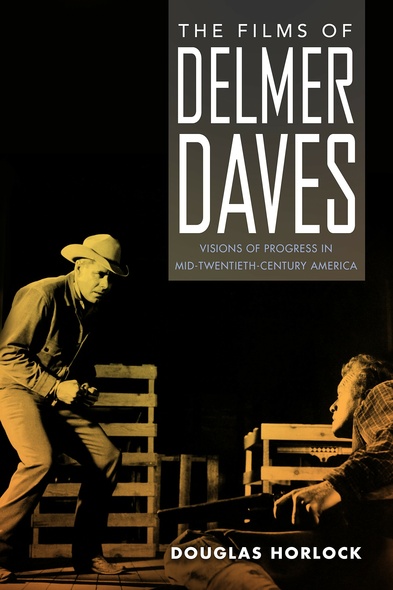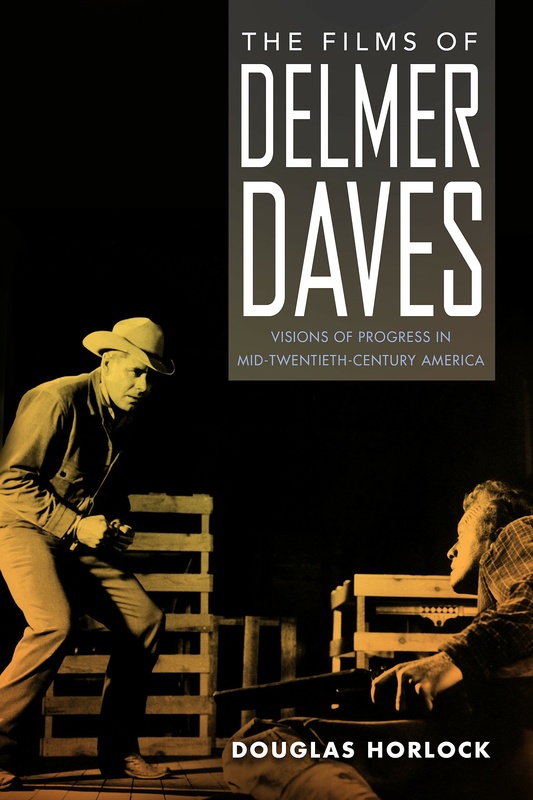
The Films of Delmer Daves
Visions of Progress in Mid-Twentieth-Century America
Delmer Daves (1904–1977) was an American screenwriter, director, and producer known for his dramas and Western adventures, most notably Broken Arrow and 3:10 to Yuma. Despite the popularity of his films, there has been little serious examination of Daves’s work. Filmmaker Bertrand Tavernier has called Daves the most forgotten of American directors, and to date no scholarly monograph has focused on his work.
In The Films of Delmer Daves: Visions of Progress in Mid-Twentieth-Century America, author Douglas Horlock contends that the director’s work warrants sustained scholarly attention. Examining all of Daves’s films, as well as his screenplays, scripts that were not filmed, and personal papers, Horlock argues that Daves was a serious, distinctive, and enlightened filmmaker whose work confronts the general conservatism of Hollywood in the mid-twentieth century. Horlock considers Daves’s films through the lenses of political and social values, race and civil rights, and gender and sexuality. Ultimately, Horlock suggests that Daves’s work—through its examination of bigotry and irrational fear and depiction of institutional and personal morality and freedom—presents a consistent, innovative, and progressive vision of America.
At long last, the career of Delmer Daves, one of Hollywood’s most under-appreciated filmmakers, has received an in-depth, scholarly treatment courtesy of Douglas Horlock’s The Films of Delmer Daves: Visions of Progress in Mid-Twentieth Century America.
Scholars and students interested in film history, and in particular the intersection of Hollywood and politics in postwar America, will find this volume illuminating.
Douglas Horlock is retired senior lecturer of history and education at Swansea Institute of Higher Education. He earned his PhD from Swansea University in 2017.





